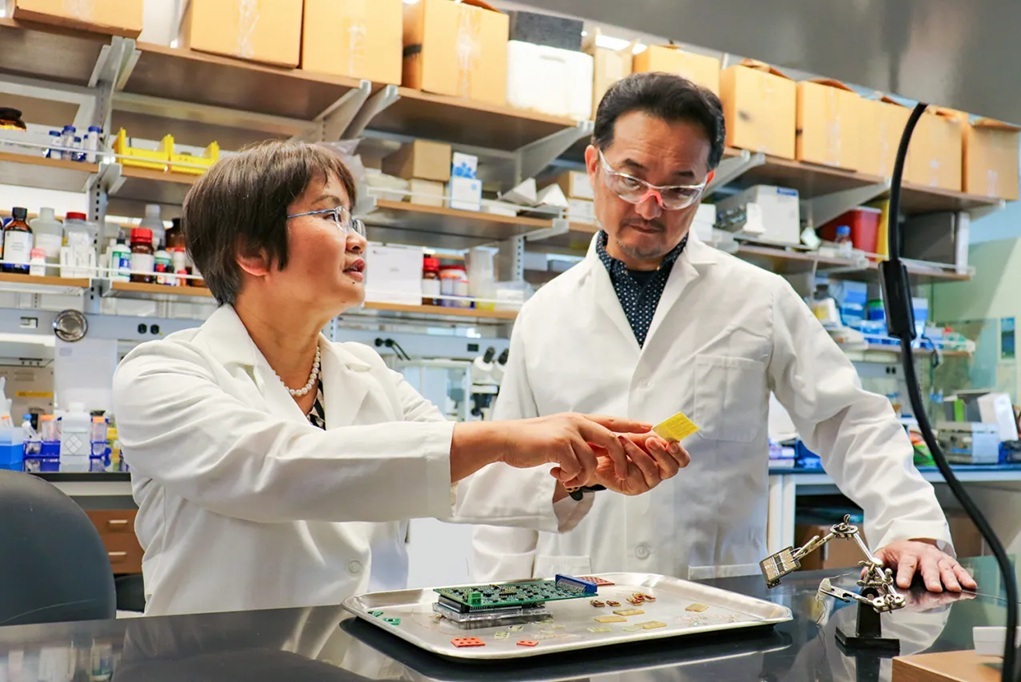
Professors in the Tickle College of Engineering and the School of Natural Resources Work To Improve Diagnoses
Researchers in the University of Tennessee, Knoxville’s Tickle College of Engineering and UT Institute of Agriculture are partnering with technology development firm CFD Research Corporation to create a groundbreaking device that uses biomarkers in the blood to diagnose post-traumatic stress disorder and other complex conditions.
About 6% of Americans — including nearly 30% of military veterans who experienced combat, natural disasters and other traumatic events — have experienced PTSD, according to the U.S. Department of Veterans Affairs. Current methods for diagnosing the disorder are highly subjective, relying on a patient’s ability and willingness to report their symptoms and address past trauma.
“With PTSD, diagnosis is complicated. Every patient’s condition is different,” said Jayne Wu, a professor in the Min H. Kao Department of Electrical Engineering and Computer Science.
Wu and Shigetoshi Eda, a professor in the School of Natural Resources, learned to detect PTSD in humans using a handheld biosensor they originally developed to help dairy farmers quickly diagnose diseases affecting their herds. The device uses AC electrokinetics-integrated capacitive, or AiCAP, a technology the researchers created that applies a specific AC signal to move bioparticles toward sensors that identify disease-causing microbes.
Since then, Wu and Eda have continued working on the biosensor. The patented system can now identify a wide array of biomarkers to diagnose numerous diseases ranging from bovine tuberculosis to human influenza.
Read more here.